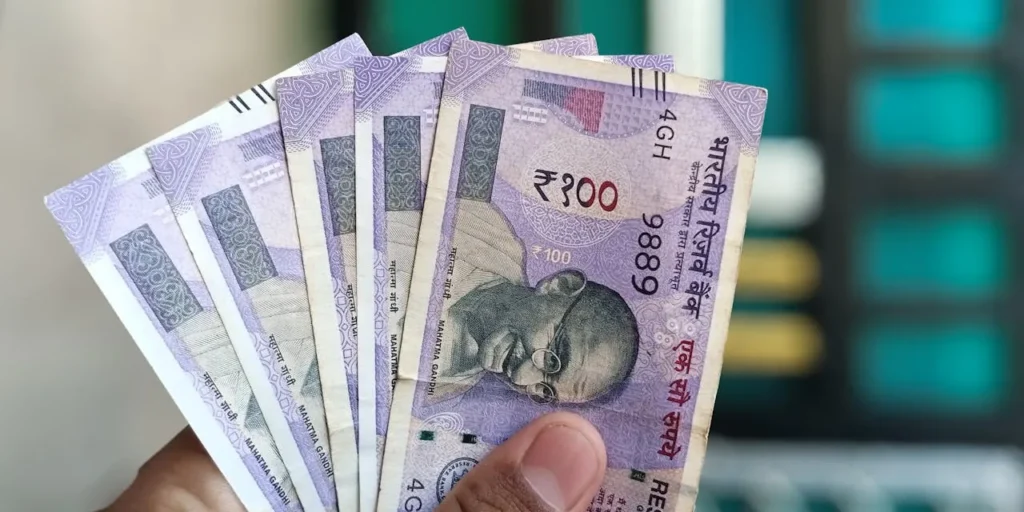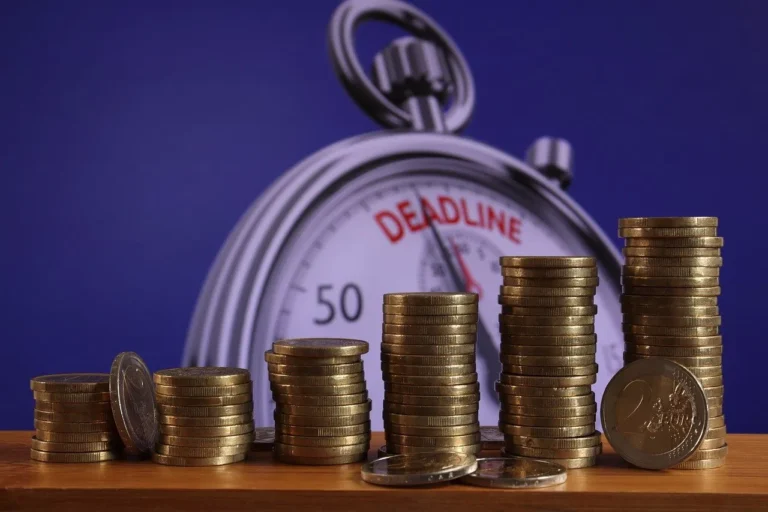Probably the most effective way to achieve financial freedom is to set up a personal budget. Well organized budget can track your income and control expenditures as well as savings to achieve future goals. This is a guide to help enable you to get a budget and take smart financial choices.
Set Your Financial Goals
Define what you are hoping to accomplish financially.
Short-Term Goals: They are all shown as illustrations e.g., holiday savings, student loan repayment, or contingency fund building.
Long-Term Goals: Retirement provision planning case studies (i.e., retirement fund planning), house buying case study (i.e., housing buying), and educational cost case study (i.e., schooling), respectively.
Why It Matters: Goals can serve as a reference point to track with and manage your budget.
Track Your Income
Identify all sources of income, including:
Salary: Your monthly take-home pay after taxes.
Freelance or Part-Time Work: Any additional earnings.
Other Sources: Rental income, dividends, or government benefits.
Record Your Expenses
Recognize spending, i.e., what is being spent. Categorize your expenses into:
- Fixed Expenses: Rent/mortgage, Loan payments, Insurance premiums
- Variable Expenses: Groceries, Utility bills, Entertainment
- Discretionary Expenses: Dining out, Shopping, Subscriptions

How to Track: Workbook or, at a minimum, noting in a notebook with the daily amount of incurred expenses made, used, or otherwise.
Categorize and Prioritize Your Spending
Organize your expenses based on necessity:
Needs: Essential items like housing, food, and transportation.
Wants: Non-essential but enjoyable things like streaming services,hobbies, club membership etc.
Pro Tip: Follow the 50/30/20 Rule:
50% of your income for needs, 30% for wants, 20% for savings and debt repayment
Calculate the Difference
Compare your total income to your total expenses:
Surplus: And if you have spare cash, put it toward savings or paying down debt.

Deficit: If expenses exceed income, identify areas to cut back.
Example: The amount of spending on dining out is fixed at 5,000 rs/mo, the possibility to decrease it by 50% to 2,500 rs/mo can be taken into account to spend it either saving or paying off debt.
Build a Savings Plan
Include savings as a non-negotiable expense in your budget.
Emergency Fund: Aim for 3–6 months of living expenses.
Goal-Oriented Savings: Emergency, personal spending, including leisure travel and home improvements.
Investments: For long term investments, systematic investment plan (SIP) in mutual funds or retirement plans should be looked upon.
Tip: Automate investments to ensure consistency.
Monitor and Adjust Your Budget
Periodically reviewing your budget in order to ensure it remains up to date as your situation changes is also recommended.

Monthly Check-Ins: Analyse your spending habits and make adjustments as needed.
Life Changes: Reappraise your finances after significant life experiences (e.g., employment status change, marriage).
Benefit: Regular reviews keep your budget realistic and adaptable.
Avoid Common Pitfalls
To ensure budget success, steer clear of these mistakes:
Underestimating Expenses: Do not allocate a fixed budget if the price is unknown in advance (e.g., car repair, medical bill).
Overlooking Savings: Treat savings as a priority, not an afterthought.
Being Too Strict: Allow for small indulgences to avoid burnout, but make sure you save and invest according to your targeted investment value.
Use Tools and Resources
Leverage technology to simplify budgeting:
- Apps: Use apps that allow you to create a budget and have its widget on home screen to properly remind you about following the plan.
- Spreadsheets: Create a custom Excel or Google Sheets budget.
- Financial Advisors: If financial troubles are present for you, it is wise to get expert advice.
Stay Disciplined and Consistent
Consistency is key to making your budget work.
Stick to your plan even when tempted to overspend. Remember why you started in the first place and Why it is important ?
Conclusion
Developing an individual budget is, in fact, a very empowering step toward financial freedom. If you set goals, log the money in or out, and ultimately choose the right path, you have a handle on your finances and pursuit of financial peace of mind will go in the right direction. Just start small, do it time and again and see how that builds up your sense of financial success with time.







